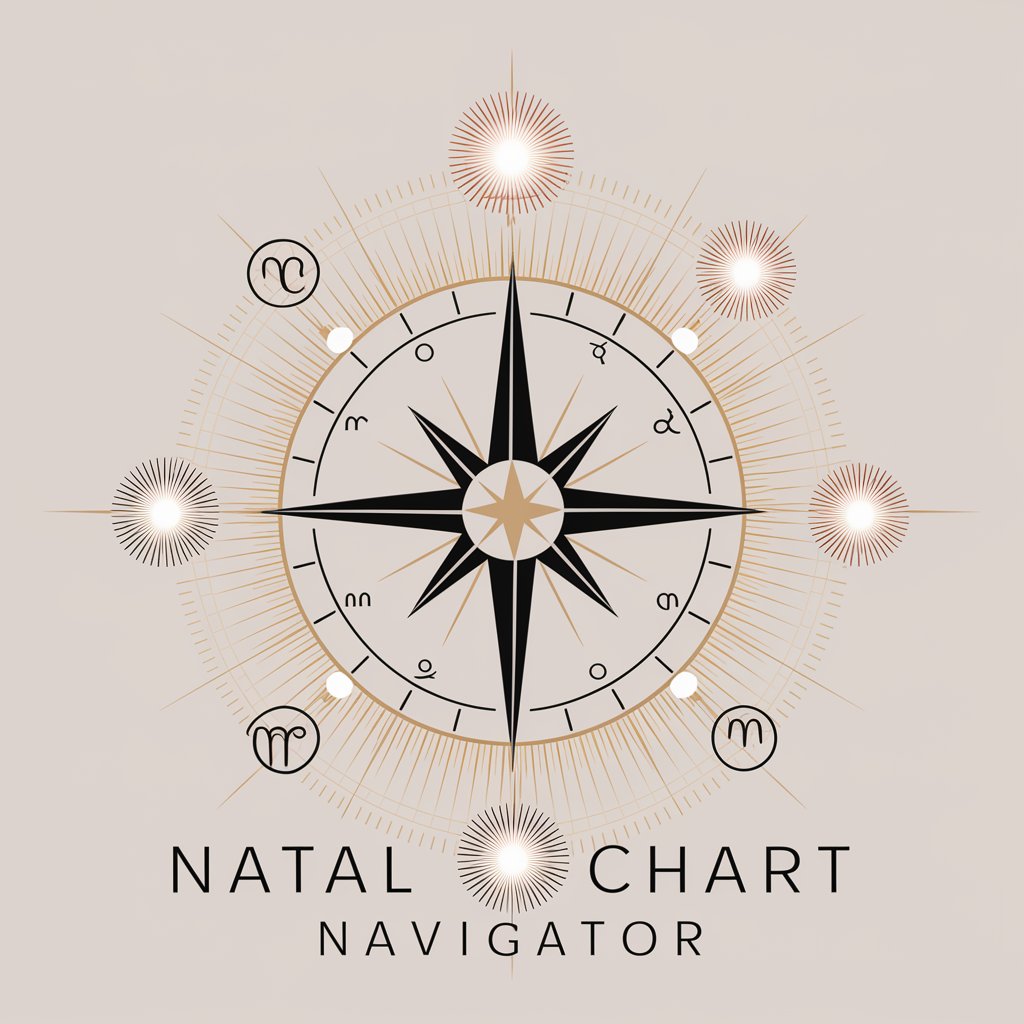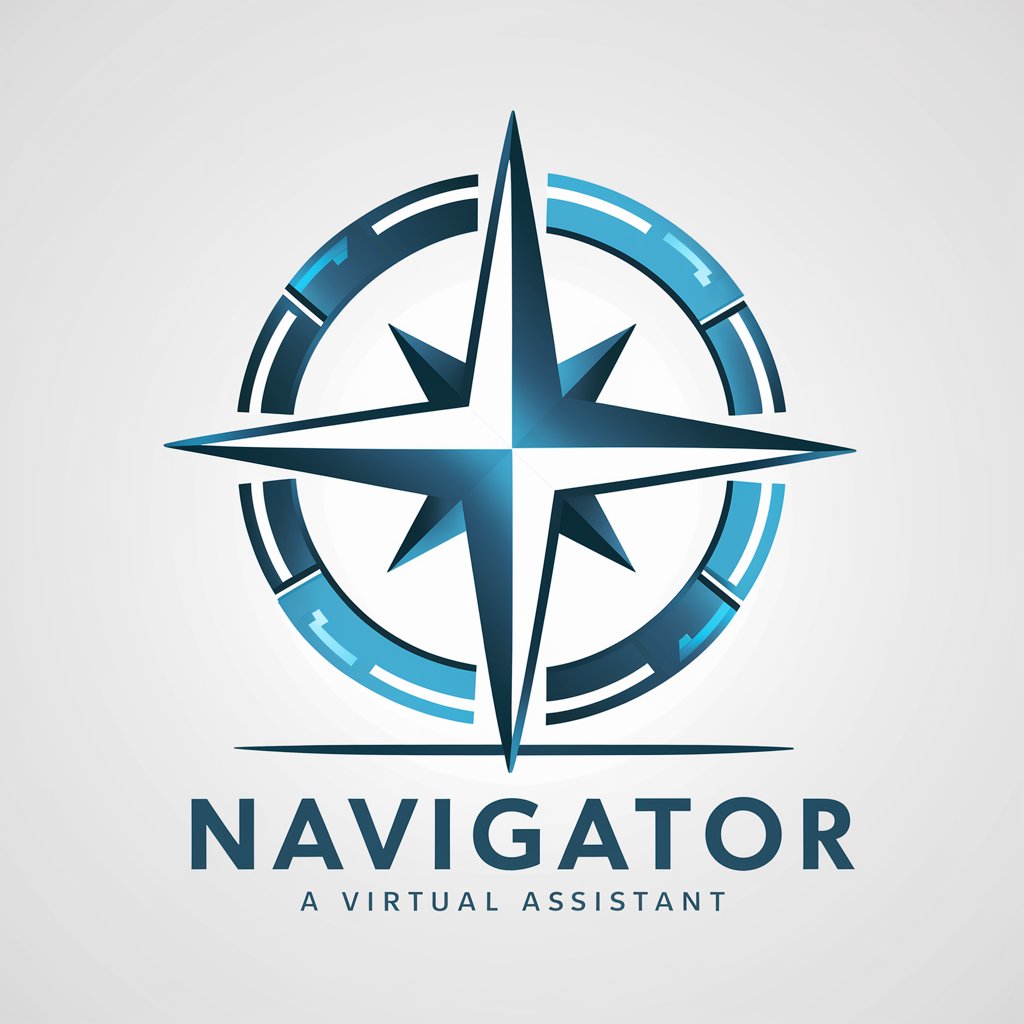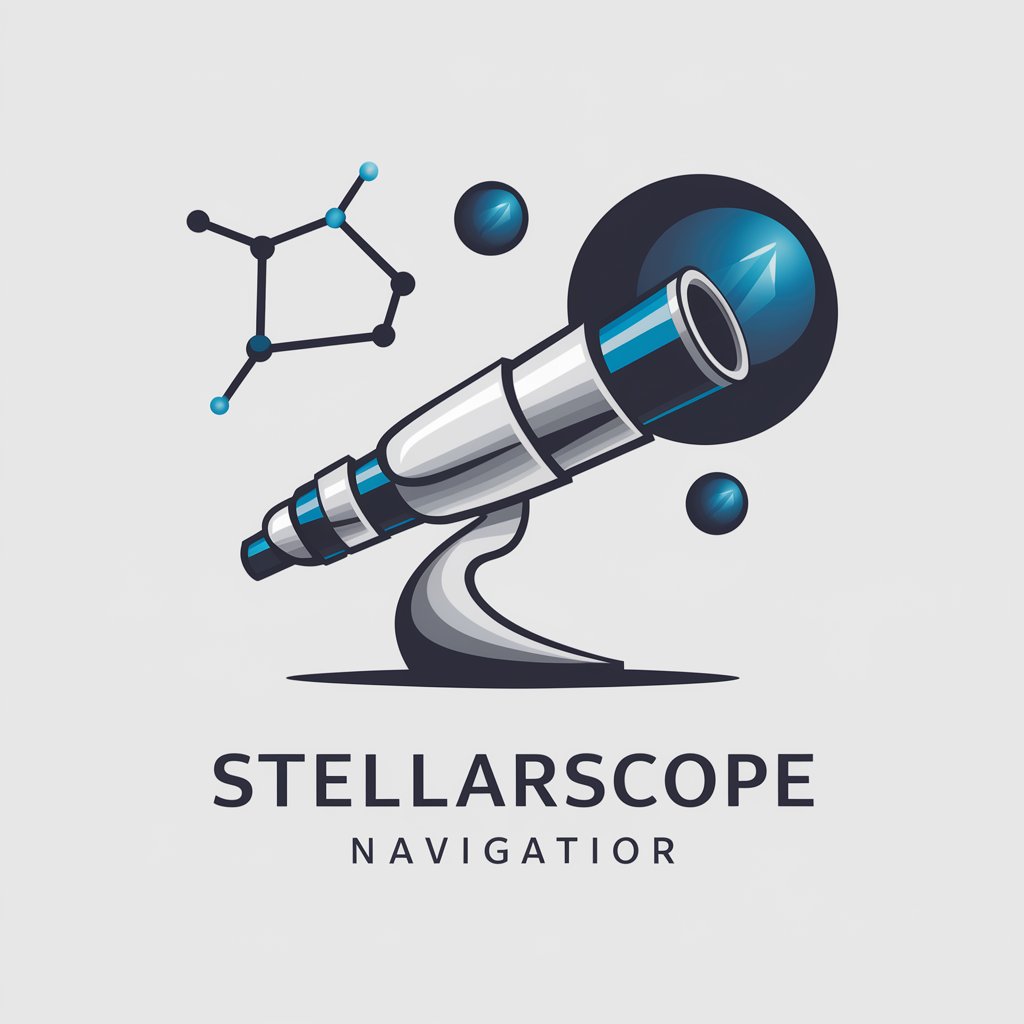
Star Navigator - Celestial Navigation Aid
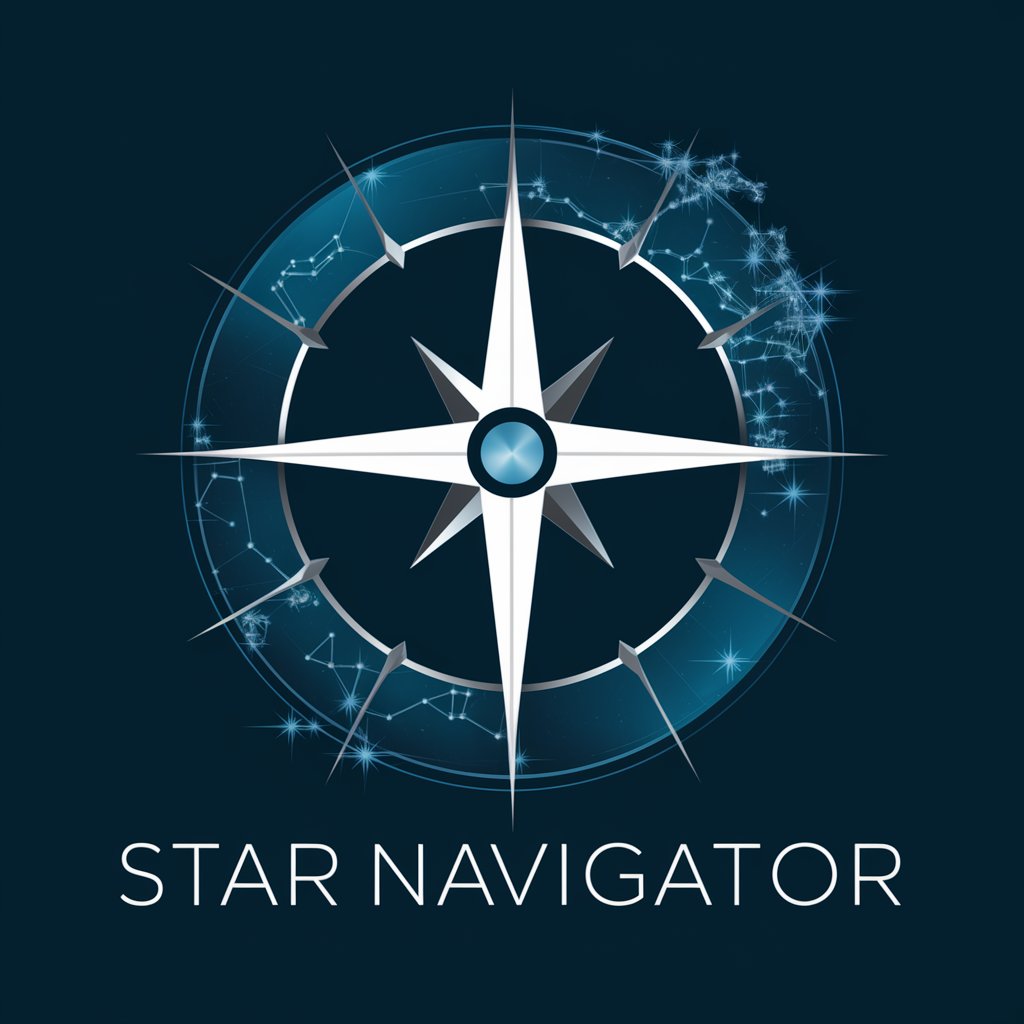
Welcome to Star Navigator, your guide to the cosmos.
Navigate the stars with AI precision.
Explain the process of using a sextant for celestial navigation.
Identify the key characteristics of the Orion constellation.
Describe the method of locating the North Star in the night sky.
Discuss the importance of celestial navigation in historical maritime exploration.
Get Embed Code
Introduction to Star Navigator
Star Navigator is a specialized guidance system designed to assist users in the identification of celestial bodies and to provide expert navigation tips based on the positions of stars, planets, and other astronomical phenomena. This tool is engineered to support both educational and practical needs related to celestial navigation and stargazing. With a focus on delivering accurate and comprehensive information, Star Navigator incorporates a database of celestial knowledge and utilizes algorithms to interpret celestial coordinates and movements. Examples of its application include helping amateur astronomers identify specific stars or constellations in the night sky, assisting sailors in using celestial bodies for sea navigation, and providing educators with a resource for teaching the principles of astronomy and navigation. Its design is rooted in the rich tradition of celestial navigation, updated with modern technology to serve as a bridge between ancient practices and contemporary astronomical science. Powered by ChatGPT-4o。

Main Functions of Star Navigator
Celestial Body Identification
Example
Identifying planets, stars, constellations, and other celestial objects in the night sky.
Scenario
An amateur astronomer uses Star Navigator to pinpoint and learn about the Andromeda Galaxy's location and characteristics on a clear night.
Navigation Assistance
Example
Providing guidance based on celestial positions for navigation at sea or in remote areas without GPS.
Scenario
A sailor employs Star Navigator to determine longitude and latitude using the positions of the moon and prominent stars, ensuring accurate course plotting across the ocean.
Educational Resource
Example
Serving as a comprehensive guide for learning about astronomical concepts, celestial mechanics, and navigation techniques.
Scenario
A teacher integrates Star Navigator into their astronomy curriculum, facilitating interactive lessons on celestial navigation and the history of astronomy.
Event Prediction
Example
Forecasting astronomical events like eclipses, meteor showers, and planet transits.
Scenario
An enthusiast plans a viewing party for the next lunar eclipse using Star Navigator to determine the exact date, time, and viewing conditions.
Ideal Users of Star Navigator Services
Amateur Astronomers
Individuals with a passion for stargazing and learning more about the universe. They benefit from Star Navigator by gaining the ability to identify and understand celestial bodies and phenomena, enriching their astronomical knowledge and experience.
Mariners and Adventurers
Professionals and enthusiasts who rely on traditional navigation methods when at sea or in areas without reliable GPS signals. Star Navigator provides them with an essential tool for determining their location and heading using the stars.
Educators and Students
Teachers seeking to enrich their science curriculum with practical examples of celestial navigation and astronomy, and students aiming to deepen their understanding of these subjects. Star Navigator serves as an invaluable educational resource, offering detailed explanations and interactive learning opportunities.
Astronomy Enthusiasts
People interested in astronomical events, celestial photography, or simply enjoying the beauty of the night sky. They use Star Navigator to track significant celestial events, plan observations, and capture stunning celestial phenomena.

Guidelines for Utilizing Star Navigator
Start Your Journey
Initiate your celestial navigation experience by visiting yeschat.ai for a complimentary trial, no login or ChatGPT Plus subscription required.
Familiarize with Features
Explore the user interface to understand the functionalities offered. This includes celestial body identification, stargazing tips, and navigation techniques.
Identify Your Interests
Determine what aspects of celestial navigation or stargazing interest you the most, whether it's locating constellations, understanding celestial mechanics, or learning navigation principles.
Engage with the Tool
Utilize the tool by inputting your queries related to celestial bodies, navigation tips, or stargazing techniques for tailored, in-depth explanations.
Practice and Explore
Apply the knowledge gained in practical scenarios such as night sky observation or planning navigation routes, enhancing your learning experience.
Try other advanced and practical GPTs
Word Master
Empowering Vocabulary Growth with AI

Grant Navigator
Empowering grant seekers with AI-driven assistance.
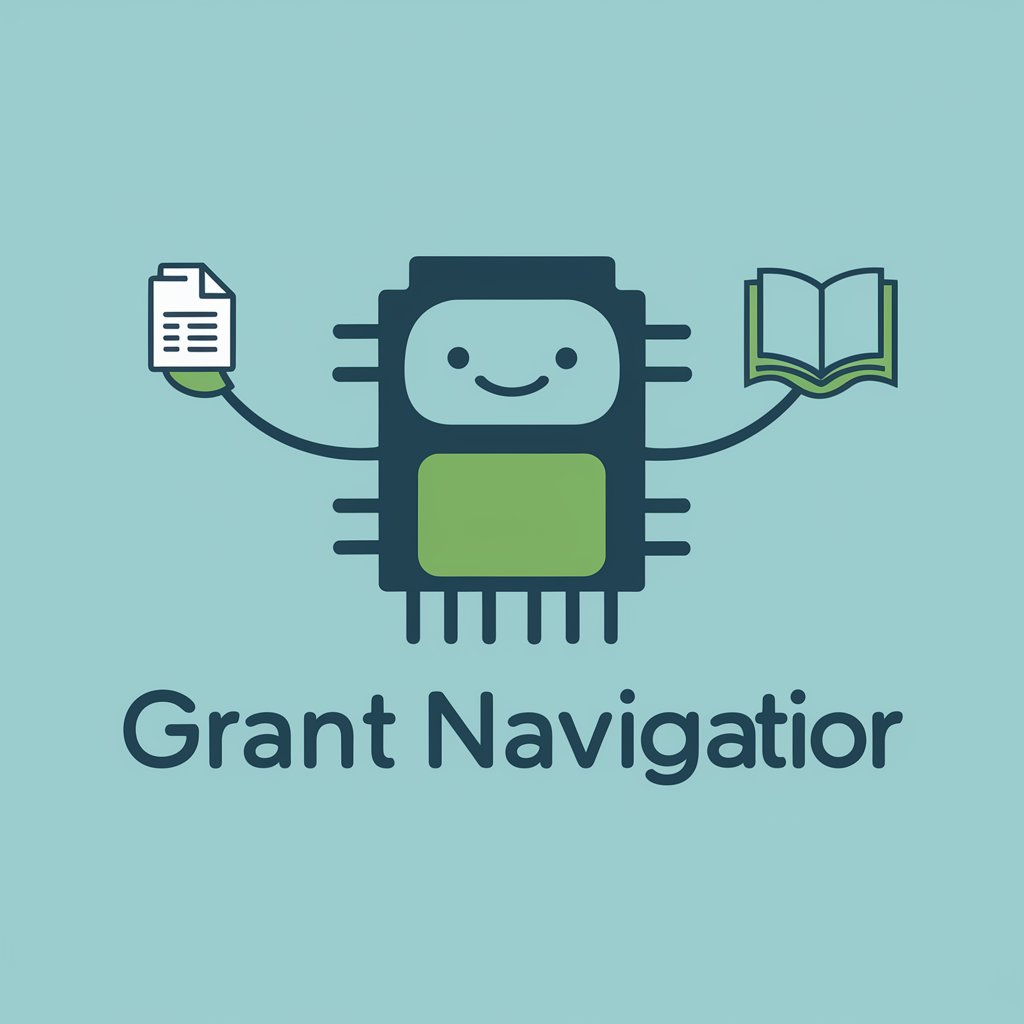
Psychoanalytical News Analyzer
Unveil the psyche behind the text

Authority Forge | Finding The Perfect GPT 🔍
Empowering your search for the perfect GPT

Fairy Tale Simulator
Craft Your Magical Tale with AI

Joyful Echo
Elevating Spirits with AI-powered Positivity

Headline Picture
Visualize the News with AI

Natural Networks: Mycelium
Explore ecosystems through AI-powered mycelium simulations.

Account Analyst: News
AI-powered Corporate News Digest

Voss Negotiator
Master Negotiations with AI Insights

Физика
Unlocking the Secrets of Physics with AI
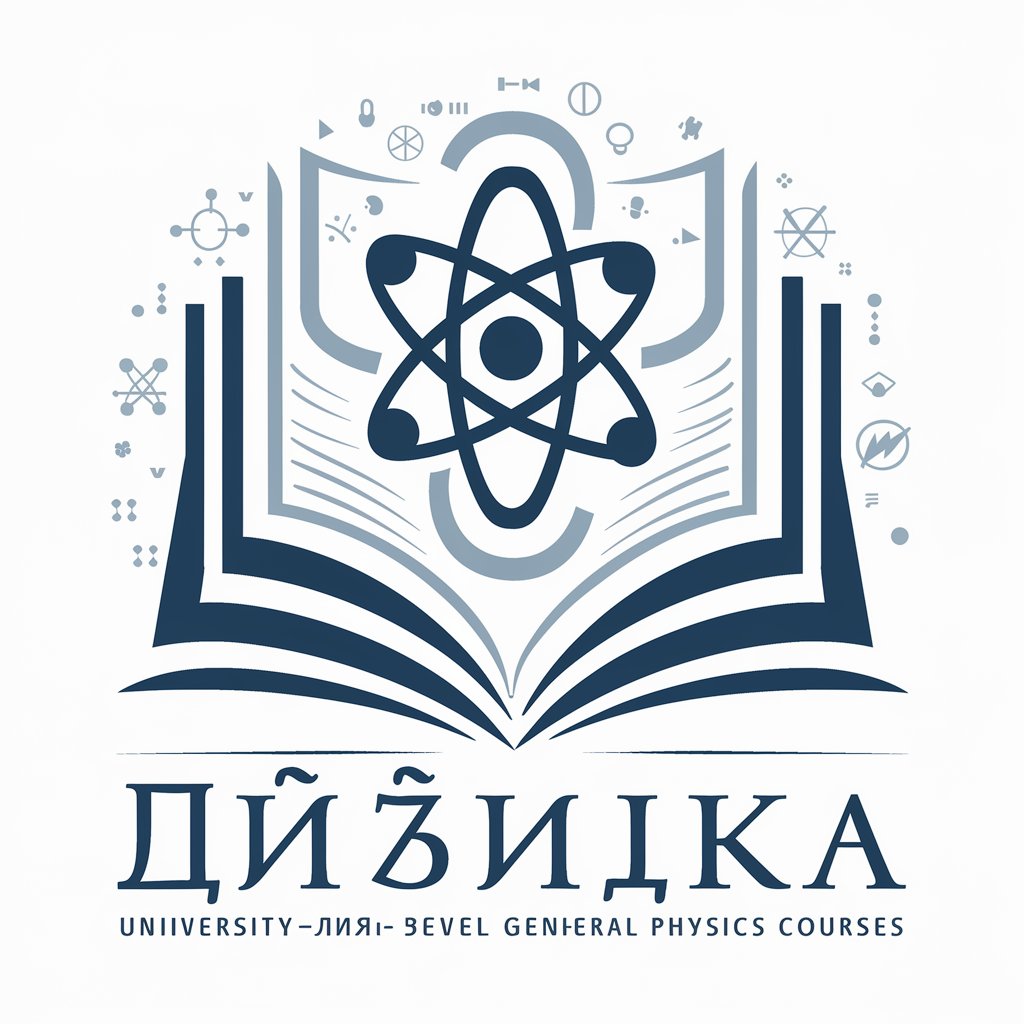
HermesGPT
Empowering Your Journey with AI-Powered Ancient Wisdom

Frequently Asked Questions about Star Navigator
What is Star Navigator?
Star Navigator is a specialized tool designed to assist users in identifying celestial bodies and providing navigation tips. It leverages AI to offer detailed, educational guidance suitable for both beginners and experienced stargazers.
How can Star Navigator enhance my stargazing experience?
By providing precise information on celestial body identification, along with tips on optimal viewing times and conditions, Star Navigator can significantly enhance your stargazing experience, making it more informative and enjoyable.
Can Star Navigator assist with celestial navigation?
Yes, it offers comprehensive guidance on celestial navigation techniques, including the use of stars for determining one's location and direction, making it an invaluable tool for navigators and enthusiasts alike.
Does Star Navigator require any special equipment?
No special equipment is required to use Star Navigator. However, having access to a telescope or binoculars can enhance your observational capabilities when applying the knowledge gained.
Is Star Navigator suitable for educational purposes?
Absolutely, its detailed, scientific approach to explaining celestial phenomena makes it an excellent resource for educators and students seeking to deepen their understanding of astronomy and navigation.

